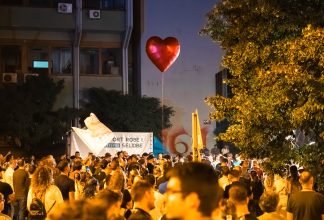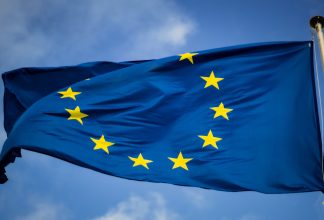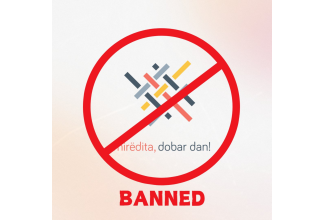Interview with Murat Çelikkan: “This is a historic moment to be able to create change”
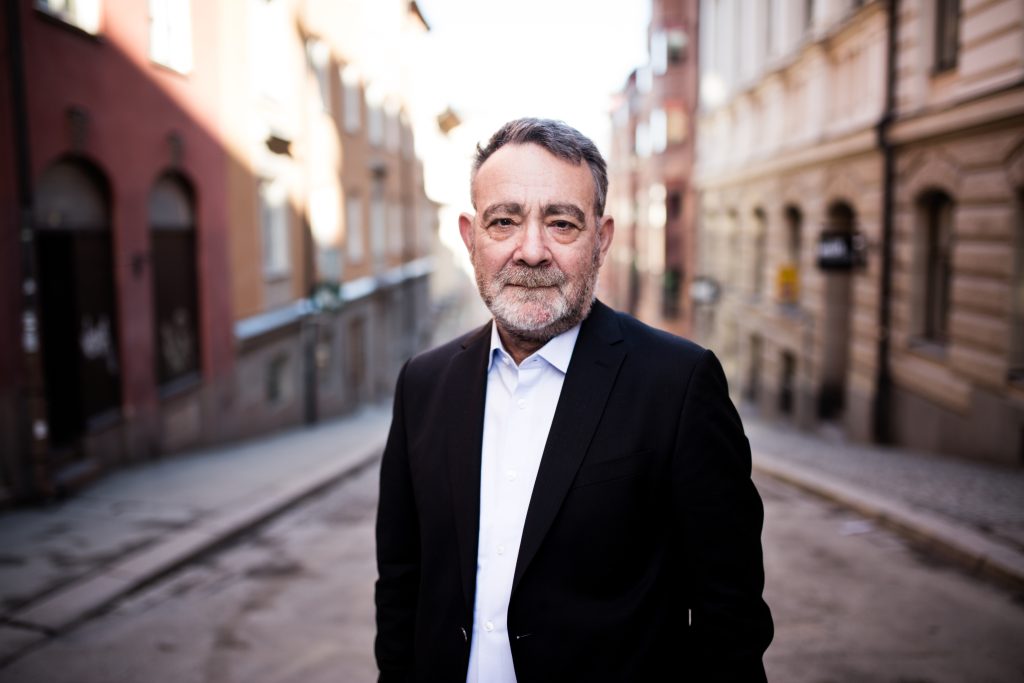
In recent years, the state of democracy and human rights in Turkey has been alarming. That’s why this year’s elections are often called the most important in the modern history of the country. They provide a glimpse of hope that a change will happen and bring an end to 20 years of Erdoğan’s autocratic rule. But what changes can we expect in terms of human rights? We spoke to Murat Çelikkan, a human rights defender from Turkey and recipient of the Civil Rights Defender of the Year Award in 2018, about the current issues the country is facing and the potential impact of different election outcomes on human rights.
Election background
On 28 May, Turkey will hold a runoff election. Since no candidate secured over 50 percent of the vote in the first round, the current president Recep Erdoğan and the opposition candidate Kemal Kılıçdaroğlu, will face each other once again. After two decades of leading Turkey, first as a prime minister and later as a president, Erdoğan, whose politics has led the country to increasing authoritarianism and democratic backsliding, faces the highest chances of a defeat like never before.
Erdoğan’s rule has been marked by a deterioration in the state of human rights in the country, posing a threat to freedom of expression, freedom of assembly, women’s rights, as well as the rights of the LGBTI+ community and minorities.
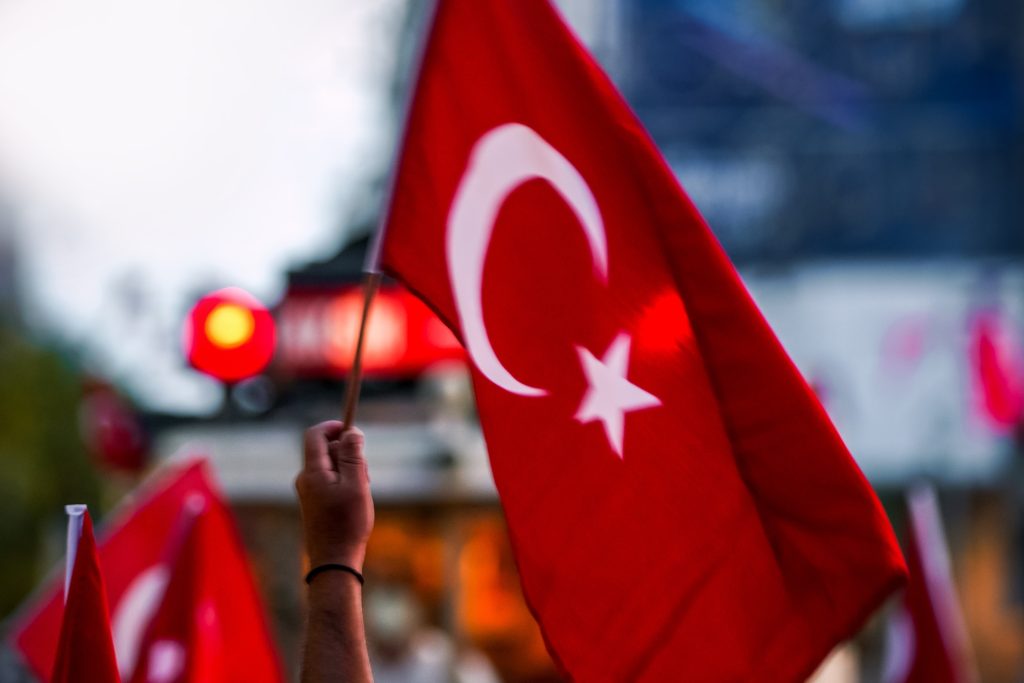
Can you identify and describe the most pressing human rights issues in Turkey nowadays?
Since everything has been deteriorating rapidly since 2015, it is very hard to identify one. But the deterioration in the rule of law may be the most pressing issue. Judges and prosecutors acting like the whip of the president and making unlawful, unbelievable convictions and arrests. Of course, what walks hand in hand with is the non-existence of the right to freedom of speech. Maybe one other issue would be the disproportionate use of violence by the security forces against any peaceful demonstration.
How has the political climate in Turkey changed over the past few years, and what impact has this had on human rights?
Think of a nation where 80 million people are imprisoned in the mind of one person. And think of that person as a very authoritarian, religious, pro expansionist conservative. That is what is happening in Turkey now. Turkey, according to judicial statistics, has the largest number of terrorists in the world, because the prosecutors and judges have an inclination to use antiterror laws arbitrarily and lavishly. There are tens of thousands of people who are being trialled or convicted by anti-terror laws. Thousands of people insulting the president. Nowhere in Turkey you can make a peaceful demonstration and protest. The security forces directly attack and detain you. The minister of interior targets and criminalise LGBTI+ people on a daily basis. The legal Kurdish party in the opposition is referred to as terrorists by the government representatives. Any opportunity and space for politics is closed.
Why are the upcoming presidential elections in Turkey often said to be one of the most crucial and defining moments in the recent history of the country?
The country is almost bankrupt. The inflation rate is claimed to be 150%. Nepotism is so strong that none of the institutions in the country can work efficiently. The latest earthquake was a very dramatic experience of this. Because of the mediocracy, thousands of lives were lost. On the other hand, this is the first time in the history of politics in Turkey that several parties which do have totally different political aspirations were able to come together almost like creating a front against an autocratic regime. So, this is a historic moment to be able to create change, which is essential for democracy and human rights in Turkey.
What are the potential consequences for human rights in Turkey if the long-time President Erdogan wins the election, compared to if the opposition candidate Kemal Kilicdaroglu wins, and how might their politics impact specific areas of human rights?
If the opposition wins there will be space, even possibly limited, for discussions for a common future. With Erdoğan, there is no civic or political space for democracy and human rights.
What are the most urgent issues that should be addressed by the opposition candidate (if he wins) to improve the human rights situation?
The politicisation of state institutions, judiciary, security forces, academia, and the press. For the last 7 years, there is no space for any opposition and discussion. The human rights organisations and people have either been marginalised or criminalised. LGBTI+ people are directly the target of this government as immoral, perverted agents of the west to ruin Turkish families, etc. Women are in danger of losing their collective rights and anyone from the Kurdish minority who wants to raise a voice for Kurdish rights, is either imprisoned or criminalised as a terrorist. The only valid paradigm in Turkey now is security, either with neighbours, in the region or in the country itself. The whole system and ideology have to change.
What are your personal hopes regarding the long-term outcome and change in the state of human rights in the country?
Even if the opposition wins, there will be a strong struggle for human rights defenders to make sure that the long accumulating human rights issues will be addressed properly and fairly. So, in both options of the election results the human rights defenders will have to work very hard.
Murat Çelikkan – Civil Rights Defender of the Year 2018
In 2018, Murat Çelikkan became a recipient of the Civil Rights Defender of the Year Award. He is a journalist by profession, and one of the most tenacious voices for human rights in the country. Despite the increasingly difficult situation for the country’s civil society, he continues to fight for a more open Turkey.
Read more about Murat Çelikkan and the Civil Rights Defender of the Year Award.
Ahead of the election, Civil Rights Defenders stands in solidarity with human rights defenders, activists, and civil society organisations in Turkey who work tirelessly to protect human rights. We call on the authorities to create a safe and supportive environment for these individuals and groups, where they can continue their important work. Human rights should be respected and prioritised during the elections, as well as in future regarding the election outcome.
